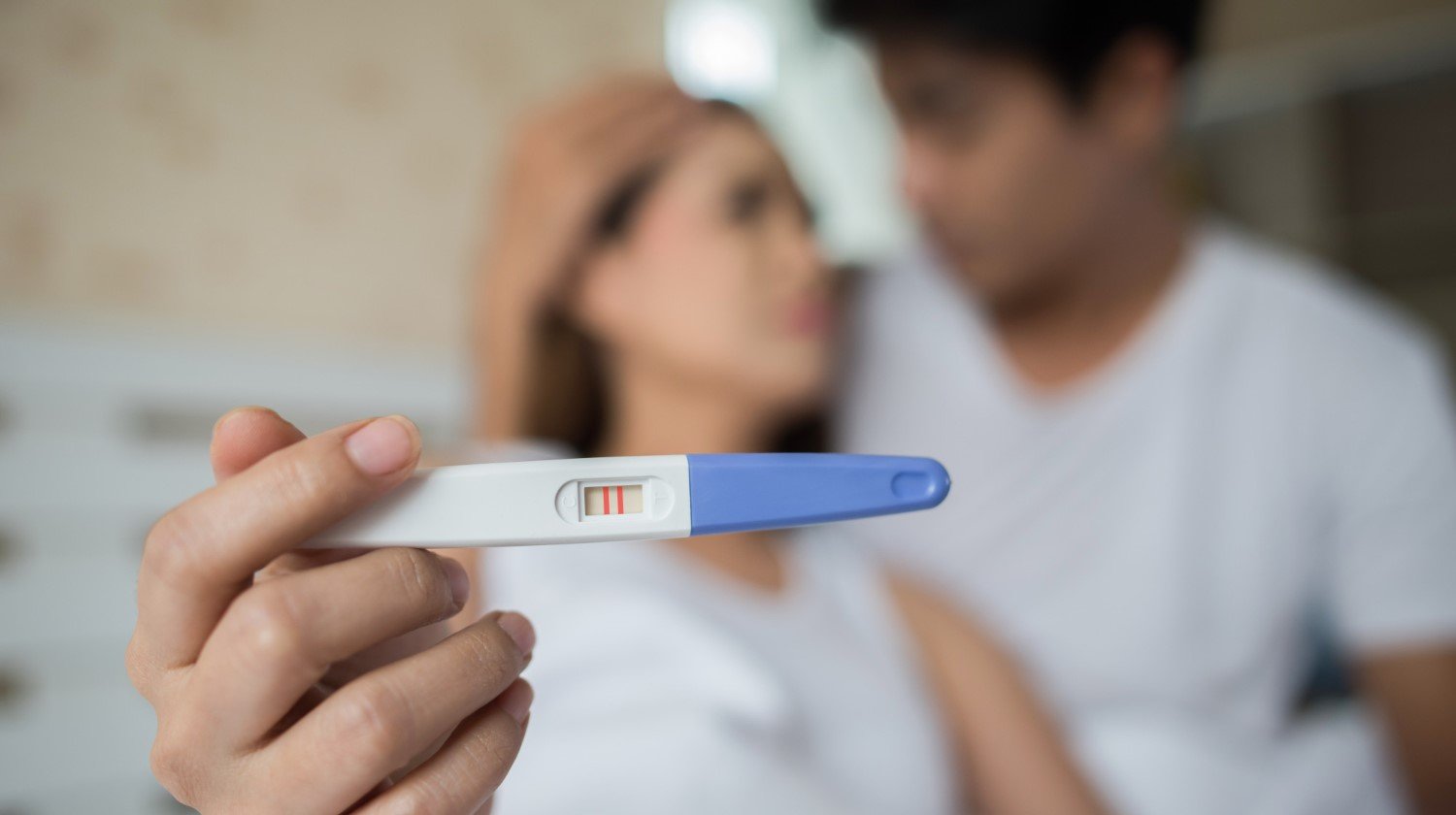- demo@example.com
- Lorem ipsum dolor sit amet consectetur.

The main fertility issue in PCOS is irregular or absent ovulation. Without ovulation, there is no egg to fertilize, making it difficult to conceive. Even when ovulation occurs, hormonal imbalances and poor egg quality can reduce the chances of pregnancy. High insulin levels and inflammation can also disrupt reproductive hormones.
Symptoms like irregular periods, heavy bleeding, acne, excess facial or body hair, and weight gain are common in PCOS. These signs are often connected to hormonal imbalances that interfere with ovulation. Women with PCOS may also face an increased risk of miscarriage, especially if insulin levels are not well-managed.

Lifestyle changes play a crucial role in improving fertility. A healthy diet low in sugar and refined carbs, combined with regular exercise, can help regulate insulin levels and restore ovulation. Even losing 5–10% of body weight can improve hormonal balance and menstrual regularity in many women with PCOS.
Doctors may recommend medications like Letrozole or Clomiphene Citrate to induce ovulation. Metformin, a drug that improves insulin sensitivity, may be used alone or with other fertility medications. In more advanced cases, injectable hormones (gonadotropins) or procedures like ovarian drilling may be considered.
If medications are unsuccessful, assisted reproductive technologies like Intrauterine Insemination (IUI) or In Vitro Fertilization (IVF) may be options. IVF is often effective for women with PCOS, especially when combined with proper hormonal management and lifestyle support.
If you’re under 35 and haven’t conceived after 12 months of trying—or after 6 months if you’re over 35—you should see a fertility specialist. You should also seek help sooner if your periods are very irregular or absent, as this could indicate an underlying ovulation issue caused by PCOS.